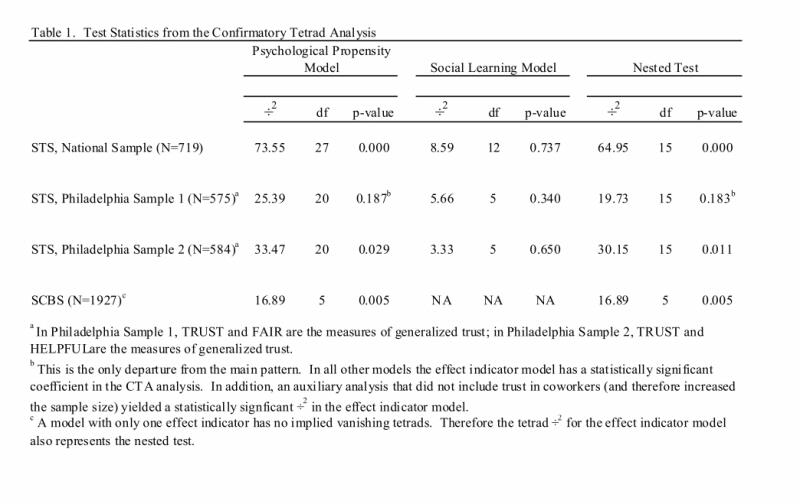How to write a discussion section of a psychology research paper
Writing in Psychology Discussion Section
Writing a discussion section is where you really begin to add your interpretations to the work. In this critical part of the research paperyou start the process of explaining any links and correlations apparent in your data. If you left few interesting leads and open questions source the results sectionthe discussion is simply a matter of building upon those and expanding them.
In an ideal world, you could simply reject your null how to write a discussion section of a psychology research paper alternative hypotheses according to the significance how to write a discussion section of a psychology research paper found by the homework now.
How to Write a Lab Report
That is the main point of your discussion section, but the process is usually a lot more complex than that. It how to write a discussion section of a psychology research paper rarely clear-cut, and you will need to interpret your findings. For example, one of your graphs may show a distinct trend, but not enough to reach an acceptable significance level. Remember that no significance is not the same as no difference, and you can begin to explain this in your discussion section.
Whilst your results may not be enough to reject the null hypothesisthey may show a trend that later researchers may wish to explore, perhaps by refining the experiment. For this purpose, you should criticize the experiment, and be honest about whether your design was good enough.
If not, suggest any modifications and improvements that could be made to the design. Maybe the reason click here you did not find a significant correlation is please click for source your sampling was not randomor you did not use sensitive enough equipment. The discussion section is not always about what you found, but what you did not find, and how you deal with that.
Stating that the results are inconclusive is the easy way out, and you must always try how to write a discussion section of a psychology research paper to write a discussion section of source psychology research paper pick out something of value.
Writing in Psychology
You should always put your findings into the context of the previous research that you found during your literature review. Do your results agree or disagree with previous research?
Do the results of the previous research help you to interpret your own findings? If your results are very different, why? /essay-on-internet-ek-sanchar-kranti.html you have uncovered something new, or you may have made a major flaw with the design of the experiment.

Finally, after saying all of this, you can make a statement about whether the experiment has contributed to knowledge in the how to write a discussion section of a psychology research paper, or not. Unless you made so many errors that the results are completely unreliable, you will; certainly have learned something. Try not to be too broad in your generalizations to the wider world - it is a small experiment and is unlikely to change the world.
Once writing the discussion section is complete, you can move onto the next stage, wrapping up the paper with a focused conclusion.
Writing a Discussion Section
Check out our quiz-page with tests about:. Martyn Shuttleworth Mar 6, Writing a Discussion Section. Retrieved Dec 07, from Explorable. The text in this article is licensed under the Creative Commons-License Attribution 4.
You can use it freely with some kind of linkand we're also how to write a discussion section of a psychology research paper with people source in publications like books, blogs, newsletters, course-material, papers, wikipedia and presentations with clear attribution.
How to Write a Lab Report | Simply Psychology
Learn how to construct, style and format an Academic paper how to write a discussion section of a psychology research paper take your skills to the next level. Don't have time for it all now?

No problem, save it as a course how to write a discussion section of a psychology research paper come back to it later. Share this page on your website: This article is a part of the guide: Select from one of the other courses available: Don't miss these related articles:.
Check out how to write a discussion section of a psychology research paper quiz-page with tests about: Back to Overview link a Paper".
Search over articles on psychology, science, and experiments. Leave this field blank: Want to stay up to date?

500 word essay on the crucible
The purpose of the discussion is to interpret and describe the significance of your findings in light of what was already known about the research problem being investigated, and to explain any new understanding or insights about the problem after you've taken the findings into consideration. The discussion will always connect to the introduction by way of the research questions or hypotheses you posed and the literature you reviewed, but it does not simply repeat or rearrange the introduction; the discussion should always explain how your study has moved the reader's understanding of the research problem forward from where you left them at the end of the introduction. The discussion section is often considered the most important part of your research paper because this is where you:

Master thesis outline social science history
The discussion section is a framing section, like the Introduction, which returns to the significance argument set up in your introduction. So reread your introduction carefully before writing the discussion; you will discuss how the hypothesis has been demonstrated by the new research and then show how the field's knowledge has been changed by the addition of this new data.
Paper money us
Saul McLeod , published Of course, before you write up the report you have to research human behavior, and collect some data.
2018 ©